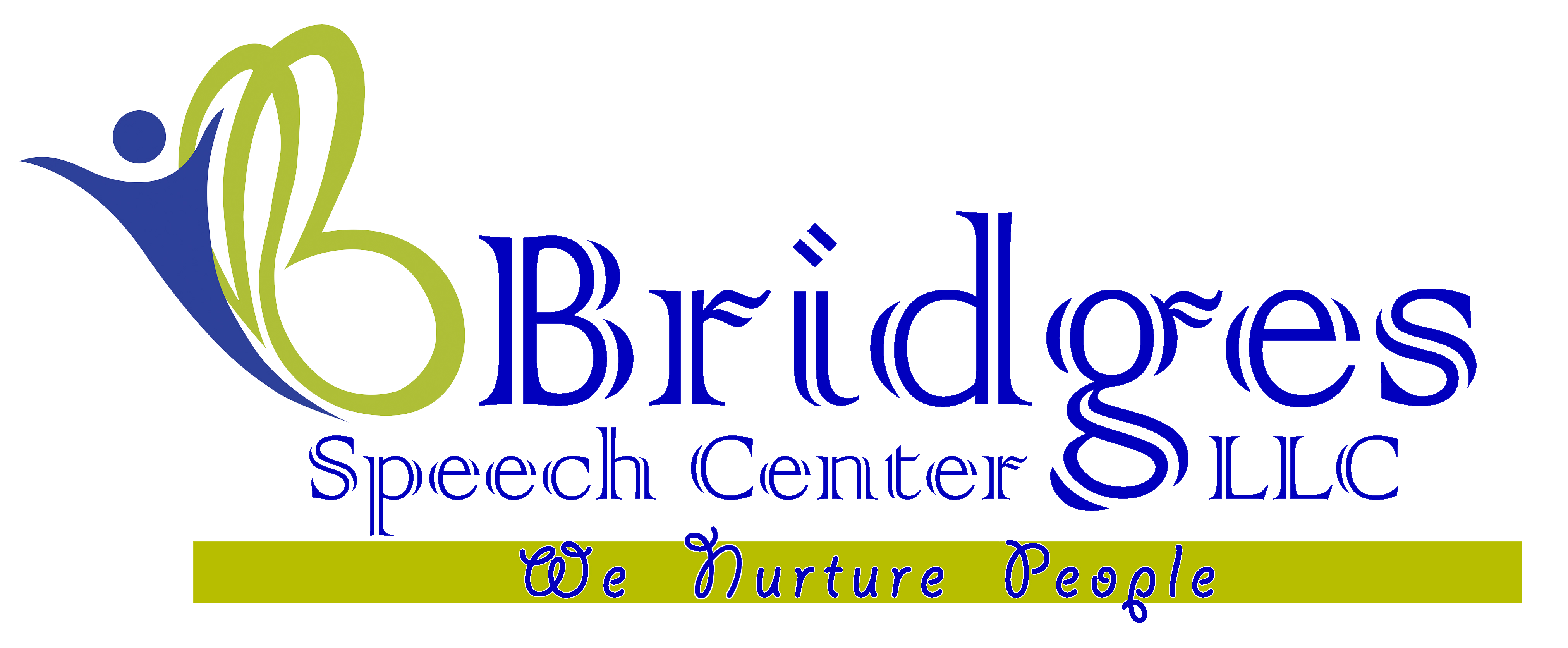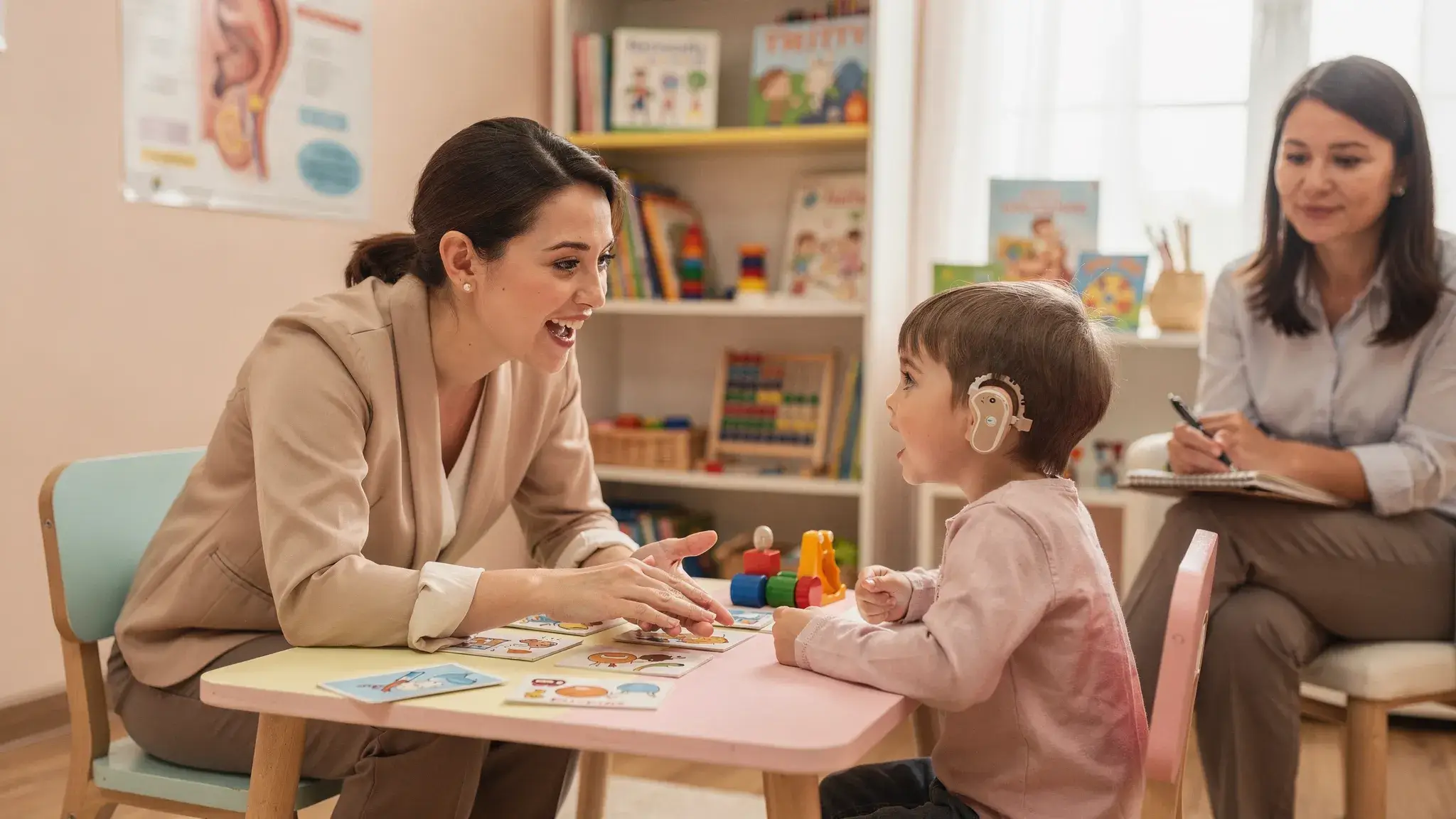- About Us
- Our Services
- Speech Therapy
- Speech and Language Therapies for Adults in Dubai
- Speech and Language Therapies for Children in Dubai
- Accent therapy
- Augmentative Alternative Communication (AAC) Therapy
- Articulation Speech Therapy
- Auditory Processing therapy/ Auditory verbal therapy
- Language Intervention: Speech Delay therapy
- Oral Motor Therapy
- Play Based therapy
- PROMPT/DTTC/RePT for Childhood Apraxia of Speech
- Social communication/Pragmatic language therapy
- Stuttering / Stammering therapy Program
- Spellography Program for Dyslexia
- Voice Therapy
- Home Care Services
- Feeding Therapy
- Physiotherapy
- Pediatric and Geriatric Physiotherapy
- Fall Prevention Programs for the Elderly
- Developmental Delay Treatment for Children
- Cerebral Palsy Management for Children
- Pediatric Orthopedic Conditions
- Osteoporosis Management for the Elderly
- Sports Injuries in Children
- Mobility and Balance Training for Elderly
- Joint Pain Treatment (Knee, Shoulder, Hip)
- Age-Specific Exercise Programs
- Coordination and Balance Exercises
- Orthopedic Physiotherapy
- Neurological Physiotherapy
- Sports Physiotherapy
- Cardiopulmonary Physiotherapy
- Women’s Health Physiotherapy
- Manual Therapy
- Therapeutic Exercise
- Pain Management
- Electrotherapy
- Ergonomic Consultation
- Tele-Physiotherapy Services
- Pediatric and Geriatric Physiotherapy
- Occupational Therapy
- Sensory Integration
- Clinical Psychology & Psychotherapy
- Cognitive Behavioral Therapy(CBT)
- ABA /Behavior Therapy
- Bridge Learning Program
- Group therapy
- Summer/Winter Program
- Telehealth Services
- Training Program/CEU
- Internship/ Observership
- Speech Therapy
- Super Team
- Collaboration
- Training Course
- News/Blogs
- About Us
- Our Services
- Speech Therapy
- Speech and Language Therapies for Adults in Dubai
- Speech and Language Therapies for Children in Dubai
- Accent therapy
- Augmentative Alternative Communication (AAC) Therapy
- Articulation Speech Therapy
- Auditory Processing therapy/ Auditory verbal therapy
- Language Intervention: Speech Delay therapy
- Oral Motor Therapy
- Play Based therapy
- PROMPT/DTTC/RePT for Childhood Apraxia of Speech
- Social communication/Pragmatic language therapy
- Stuttering / Stammering therapy Program
- Spellography Program for Dyslexia
- Voice Therapy
- Home Care Services
- Feeding Therapy
- Physiotherapy
- Pediatric and Geriatric Physiotherapy
- Fall Prevention Programs for the Elderly
- Developmental Delay Treatment for Children
- Cerebral Palsy Management for Children
- Pediatric Orthopedic Conditions
- Osteoporosis Management for the Elderly
- Sports Injuries in Children
- Mobility and Balance Training for Elderly
- Joint Pain Treatment (Knee, Shoulder, Hip)
- Age-Specific Exercise Programs
- Coordination and Balance Exercises
- Orthopedic Physiotherapy
- Neurological Physiotherapy
- Sports Physiotherapy
- Cardiopulmonary Physiotherapy
- Women’s Health Physiotherapy
- Manual Therapy
- Therapeutic Exercise
- Pain Management
- Electrotherapy
- Ergonomic Consultation
- Tele-Physiotherapy Services
- Pediatric and Geriatric Physiotherapy
- Occupational Therapy
- Sensory Integration
- Clinical Psychology & Psychotherapy
- Cognitive Behavioral Therapy(CBT)
- ABA /Behavior Therapy
- Bridge Learning Program
- Group therapy
- Summer/Winter Program
- Telehealth Services
- Training Program/CEU
- Internship/ Observership
- Speech Therapy
- Super Team
- Collaboration
- Training Course
- News/Blogs
Table of Contents
ToggleABA Behavior Therapy Treatment in Dubai
- Home
- Our Services
- ABA /Behavior Therapy
Applied Behavior Analysis (ABA) therapy
Applied Behavior Analysis (ABA) therapy is a scientifically validated approach that focuses on understanding and modifying behaviors to improve individuals’ social, communication, and learning skills. It is commonly used to support individuals with various developmental disorders, including autism spectrum disorder (ASD), but its principles and techniques can also be applied to other conditions. ABA therapy is highly individualized and data-driven, making it effective in addressing a wide range of challenges. Here’s an elaboration on ABA therapy and its benefits for various disorders:
Autism Spectrum Disorder (ASD)
ABA therapy is perhaps most well-known for its effectiveness in treating individuals with ASD. It helps enhance communication skills, social interactions, adaptive behaviors, and daily living skills. Key benefits include:
- Enhanced Communication: ABA focuses on improving both verbal and non-verbal communication, helping individuals with ASD express their needs and interact with others more effectively. Techniques include teaching functional communication using speech, gestures, sign language, or communication devices.
- Improved Social Skills: ABA uses structured activities and role-playing to teach social behaviors such as eye contact, taking turns, and understanding social cues, which are often challenging for individuals with ASD.
- Reduction of Challenging Behaviors: ABA helps reduce problematic behaviors like aggression, self-injury, and tantrums by identifying triggers and using positive reinforcement to encourage desirable behaviors.
- Skill Development: ABA helps teach daily living skills such as dressing, grooming, and toileting, promoting greater independence and improving overall quality of life.
Attention Deficit Hyperactivity Disorder (ADHD)
ABA therapy can be adapted to address the challenges faced by individuals with ADHD, focusing on improving attention, impulse control, organization, and time management skills.
- Attention Improvement: ABA techniques help individuals maintain focus on tasks by breaking them down into smaller, manageable steps and providing positive reinforcement for sustained attention.
- Impulse Control: Strategies are implemented to manage impulsivity, such as teaching self-monitoring techniques and using visual or verbal prompts to encourage thoughtful decision-making.
- Organizational Skills: ABA assists in developing organizational skills, helping individuals plan and complete tasks, manage time effectively, and establish routines.
- Self-Regulation: ABA helps individuals develop strategies to monitor and modify their own behavior, enhancing self-control and reducing impulsive actions.
Intellectual Disabilities
ABA therapy is effective for individuals with intellectual disabilities by targeting skill deficits and helping them achieve greater independence in daily living activities, communication, and social interactions.
- Skill Building: ABA breaks down complex tasks into smaller, manageable steps, allowing individuals to learn and practice skills at their own pace. This includes self-care skills, communication abilities, and social interaction skills.
- Independence: By teaching essential life skills, ABA promotes greater independence, enabling individuals to perform daily tasks with minimal assistance and increasing their overall quality of life.
- Adaptation: ABA customizes interventions to match the individual’s learning style and pace, ensuring that the approach is tailored to meet their specific needs and capabilities.
Language and Communication Disorders
ABA therapy can benefit individuals with language and communication disorders by teaching them functional communication skills, expressive and receptive language, and the use of augmentative and alternative communication (AAC) devices.
- Functional Communication: ABA promotes effective communication by teaching individuals to use gestures, sign language, or AAC devices to express their needs and desires.
- Language Skills: ABA enhances both expressive (speaking) and receptive (understanding) language abilities, using techniques like modeling, prompting, and reinforcement to encourage communication efforts.
- Reinforcement: Positive reinforcement is used to encourage the consistent use of communication skills, helping individuals improve their ability to interact with others and convey their thoughts effectively.
Behavioral Disorders
ABA therapy addresses a range of behavioral disorders by identifying triggers for problem behaviors and implementing strategies to replace those behaviors with more appropriate ones.
- Behavior Replacement: ABA teaches alternative behaviors to reduce problematic actions, helping individuals learn new ways of responding to challenging situations.
- Coping Strategies: ABA helps individuals develop healthy coping strategies to manage stress and anxiety, improving their ability to handle difficult situations.
- Behavioral Analysis: ABA involves understanding the function of behaviors to effectively modify them, ensuring that interventions are targeted and effective.
Obsessive-Compulsive Disorder (OCD) and Anxiety Disorders
ABA techniques can be applied to reduce compulsive behaviors and manage anxiety in individuals with OCD and anxiety disorders.
- Compulsive Behavior Reduction: ABA uses exposure and response prevention to help individuals resist engaging in compulsive behaviors, reducing their reliance on these actions to manage anxiety.
- Anxiety Management: ABA identifies and modifies patterns of behavior that contribute to anxiety, teaching relaxation techniques and coping strategies to help individuals manage their emotions more effectively.
General Benefits of ABA Therapy
ABA therapy offers the following benefits for various disorders:
- Skill Acquisition: ABA helps individuals acquire new skills and behaviors that improve their independence, quality of life, and overall functioning. This includes practical life skills, communication abilities, and social interaction skills.
- Behavior Modification: ABA effectively addresses challenging behaviors by replacing them with more appropriate and socially acceptable alternatives, using techniques like positive reinforcement and behavior modeling.
- Individualized Approach: ABA is tailored to each individual’s unique strengths, needs, and goals, ensuring a personalized and effective treatment plan that addresses specific challenges and promotes progress.
- Data-Driven Progress: ABA therapists collect and analyze data on behavior and skill acquisition, allowing for ongoing assessment and adjustment of interventions to optimize progress and ensure effectiveness.
- Generalization: ABA therapy ensures that skills learned in therapy settings are generalized to real-life situations, promoting meaningful and lasting changes in behavior and functioning.
- Family Involvement: ABA therapy often involves family members and caregivers, equipping them with strategies to support the individual’s progress outside of therapy sessions, fostering a supportive environment for continued growth.
- Early Intervention: Early ABA intervention in developmental disorders, particularly ASD, has been associated with significant improvements in language, social skills, and behavior, highlighting the importance of early and proactive treatment.
In conclusion, ABA therapy is a versatile and evidence-based approach that can be tailored to address a wide range of developmental, behavioral, and communication challenges. Its structured, individualized, and data-driven nature makes it a valuable tool in promoting positive behavior changes and improving overall functioning for individuals with various disorders.
Make Appointment
Testimonials
What Parents Say
Send us an email if you wish to talk to any of them. For more reviews, please go to Google reviews.

My experience with bridges speech centre has been great. My child is attending OT in the center and we are happy and proud with the progress Mrs. Richa has made. The therapists are very supportive and knowledgable in selecting techniques to suit with our child's requirements . Their monthly review and evaluation is remarkable. I highly recommend bridges speech centre to anyone looking for an affordable and professional therapy for their child....

We were asked to consult a speech therapist for my son. As parents we were quite skeptical about this whole process. However, once my son started attending Dr Rupali’s sessions we noticed a drastic improvement in his speech. He used to speak only a few words but within the 1st four sessions he started speaking up-to 5 words sentences. I also learnt to manage my child’s emotions better with Dr Rupali’s guidance. She is very cooperative and patiently answer all questions.

We took our 21 month old daughter to Bridges speech center following her cleft palate surgery as she needed Speech therapy. Ms.Rupali was recommended to us by both our Pediatrician and ENT specialist. The staff at Bridges are qualified, warm and friendly. My daughter loved to attend the speech therapy sessions. Through various techniques and simulations provided during these sessions, I can see considerable improvement in my daughter's speech. Lastly I would say, no child is same, as parents we need to be patient and trust the process.

Rupali was excellent. In just couple of sessions she helped my child overcome difficulty in pronouncing ch and sh sound. Thanks very much.Highly recommend for children who will need assistance in speech therapy.
Blog & Article
Our Latest Blog & Articles
Auditory Verbal Therapy vs Speech Therapy: What’s the Difference?
After a hearing screening, an ENT appointment, or even a note from school,...
How to Help a Stuttering Child at Home and When to Seek Speech Therapy
If your child repeats sounds, stretches words, or gets stuck mid sentence, it...
How to Help a Child with Dyslexia Spell Better at Home
If your child studies hard but spelling still seems unpredictable, you are not...
Aphasia vs Apraxia: Understanding the Difference
The words sound almost identical when you first hear them. Aphasia. Apraxia.Most people...
Apraxia of Speech in Adults: What It Is and How It’s Treated
Many adults notice a sudden change in their speech after a stroke, traumatic...
Voice Therapy Exercises: Simple Techniques to Improve Voice Strength
Most days, we do not really think about our voice. It just shows...







